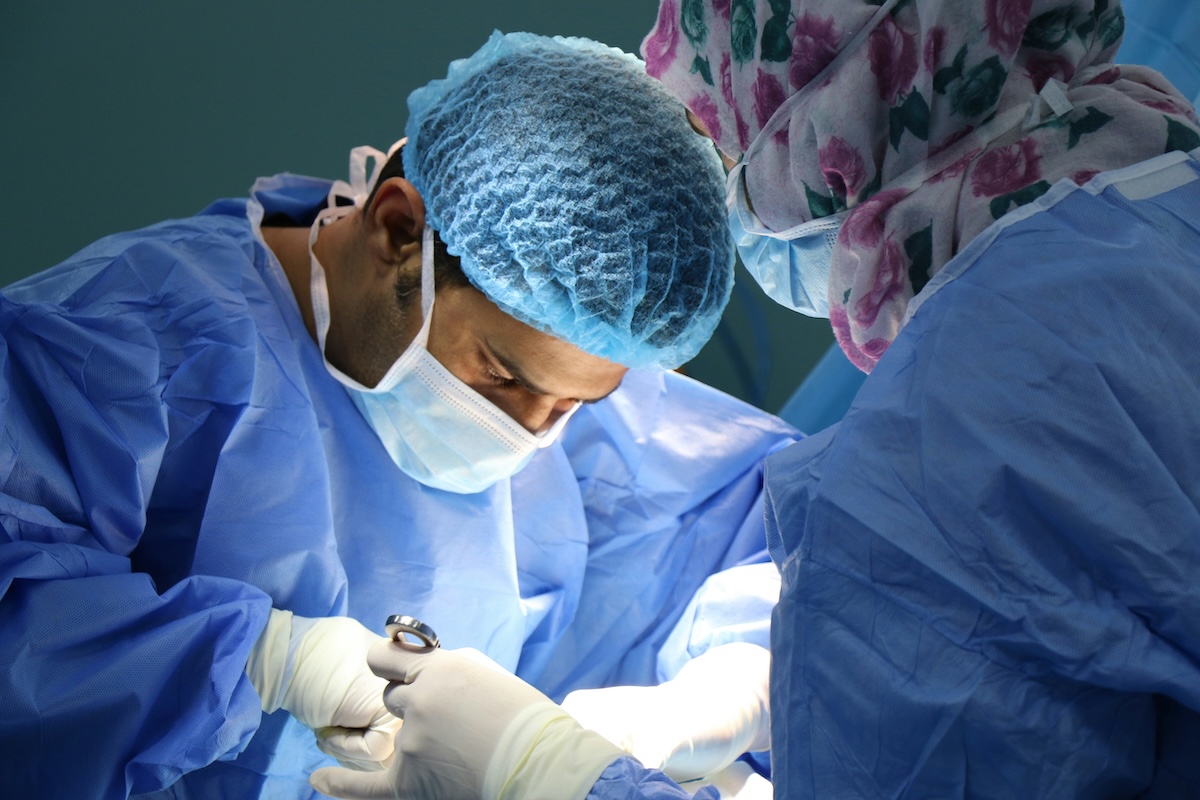A significant proportion of organ recipients appear to experience long-lasting changes in how they think and behave after surgery, according to a study published in January’s edition of the medical journal Transplantology.
In a study of 47 participants, researchers at the University of Colorado School of Medicine, in the US, found that 89 per cent of them reported personality changes after receiving their new organ.
Twenty-three of the patients received hearts and 24 received other organs. The study noted that organ type did not seem to affect whether or not the recipient experienced personality changes.
Changes reported were wide-ranging, including new preferences in music, food, recreation, intimate relations with partners and career directions. Some individuals even reported having sensations similar to memories that weren’t from their own lived experience – but did relate to events their donor had experienced.
[See more: Generosity in veins: Macao’s blood donation rates defy global trends]
The study gave a 56-year-old university professor who had received a 34-year-old police officer’s heart as an example. It said that the professor began dreaming that a flash of light was striking his face and making it burn after his surgery, and noted that the police officer had died after being shot in the face.
“Numerous hypotheses have been proposed to explain changes in personality following organ transplantation,” the researchers wrote. “These hypotheses can be grouped into three categories: psychological, biochemical, and electrical/energetic.”
The study did not examine what caused the personality changes and seemingly new memories, however.
Out of the 47 participants, 26 people reported a change in their temperament, 19 said their food preferences altered, seven experienced new memories, six developed new religious beliefs, and one claimed their political views had changed since receiving a new organ.






